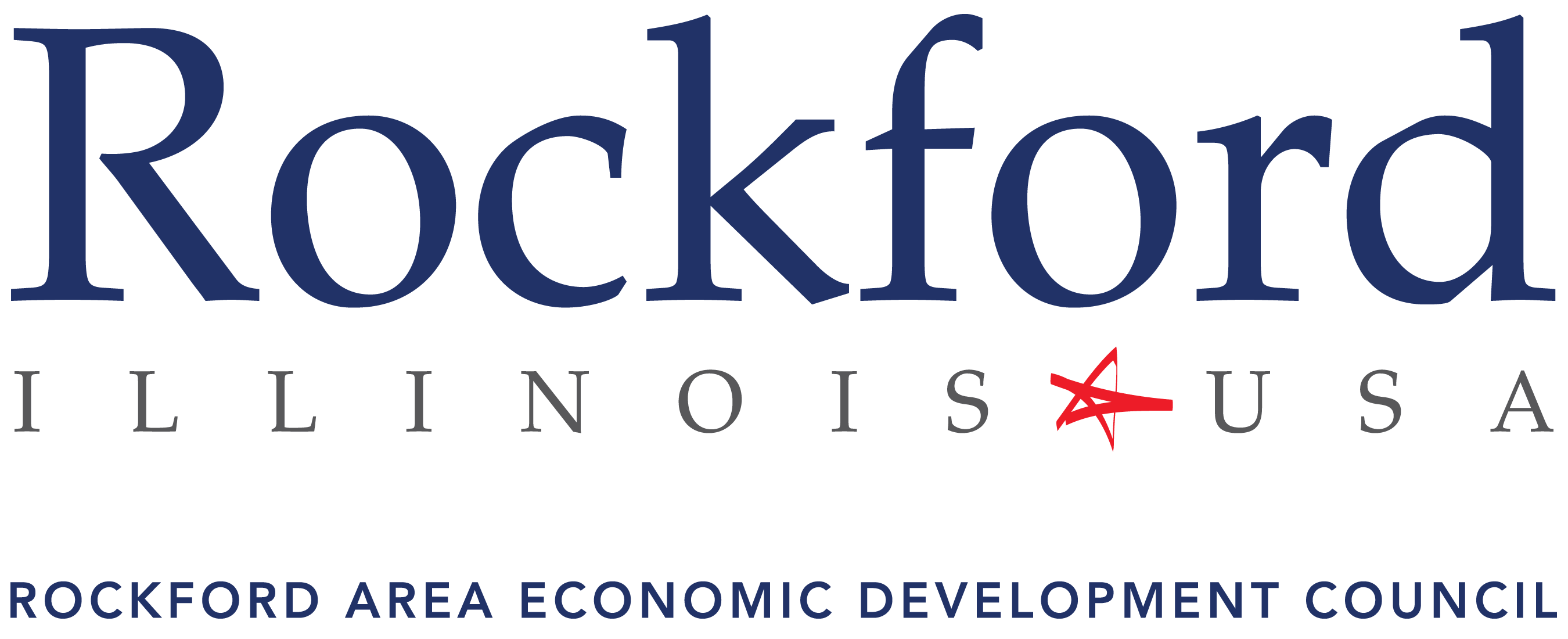Free sustainability assessments for eligible Illinois manufacturers, processing facilities, their direct suppliers, and supporting industries
SYSTEM-WIDE ASSESSMENTS

The Illinois Sustainable Technology Center’s* TECHNICAL ASSISTANCE PROGRAM (TAP) looks at your whole organization, its underlying parts, and the connections between the parts, to uncover sustainable opportunities in technologies, materials and practices. Our sustainability assessment provides a customized, hands-on assessment of production processes to reduce energy and water consumption, minimize carbon footprint, reduce waste, increase productivity, and drive innovation.
The assessment process includes:
- Initial Meeting
- Opportunity Assessment
- Report of Findings
- Implementation Support
- Project Review
ELIGIBLE PARTICIPANT INDUSTRIES
Aerospace
- Aerospace products and parts
- Aircrafts, engines and engine parts
- Aircraft parts and auxiliary equipment
- Space vehicle propulsion units and parts
Automotive
- Automobiles, utility vehicles and trucks
- Vehicle bodies, parts and metal stamping
- Truck trailers, motor homes, trailers & campers
- Related internal and external components in the vehicle manufacturing process
Chemical
- Chemical, pharmaceutical, and agricultural manufacturing, organic and inorganic
- Petrochemicals, gas, dye and pigments
- Resin and synthetic rubber; fibers and filaments
- Paints, coatings, adhesives; cleaning compounds
Food and Beverage
- Food and ingredient manufacturing, processing, and packaging
- Canning and food preparation facilities
- Beverage and bottling facilities
- Animal food
Metal
- Iron and steel mills, foundries
- Non-ferrous metal production and processing
- Metal coating, engraving and heat treatment
- Machine shops; metal forging and stamping
Don’t see yourself on this list? Call us! We may not have captured all qualified facilities.
BENEFITS TO YOUR COMPANY
TAP’s sustainability assessment can reduce your business costs, energy costs, water consumption, wastewater generation, hazardous materials, and emissions, which:
- promotes sustainable manufacturing and growth,
- improves profitability and competitiveness,
- reduces environmental impacts while gaining a competitive advantage, and
- increases capacity to attract new business.
INCREASED
- profitability, productivity, competitiveness
- recycling and/or diversion of by-products
REDUCED
- operating costs
- water use, energy, and materials
- waste volume and/or toxicity
- emissions (VOC, HAP, & GHG)
To find out more contact Irene Zlevor at IZlevor@Illinois.edu or visit forms.illinois.edu/sec/9191780


